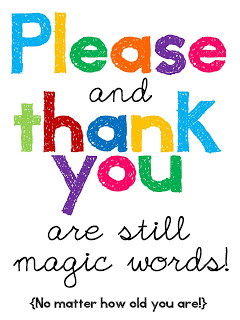Back-to-Basics: E-mail Marketing Best Practices

What is Email Marketing?
Email marketing is an essential tool for business and comes in many shapes and forms. It occurs when a company sends a message to a group of people through electronic email. Most commonly through advertisements, requests for business, or sales or donation solicitation, any email communication is considered email marketing if it helps to build customer loyalty, trust in a product or company, or brand recognition. Basically, it’s every email you send to (potential) customers with the hope of gaining or continuing their business. Email marketing is an efficient way to stay connected with your clients while also promoting your business.
Why is Email Marketing Effective?
There are two reasons why email marketing is effective. First, email is permission-based. The people on your email list have given you the go-ahead to send them messages. Second, it’s easy, effective, and inexpensive. Email marketing allows business owners to reach a large number of consumers at a rate of pennies per message. For small-business owners on a budget, this makes it a better choice than traditional marketing channels like TV, radio, or direct mail.
Best Practices Guide
Sometimes we forget the basics—the most important things of all. But don’t worry, this handy guide is designed to act as your email marketing checklist.
Write Compelling Subject Lines
A good subject line should contain no more than 30-50 characters. It should also create a sense of urgency and give the readers some indication of what to expect once they open the email.
Keep the Main Message and Call-to-Action Above the Fold
If your main call-to-action falls below the fold, then a large percent of your recipients won’t see your message.
Fonts
Use basic cross platform fonts such as Arial, Verdana, Georgia, and Times New Roman.
Keep it Short and Sweet
Emails need to be short and sweet. However, you will want to invest in quality content. How long will users read your email before leaving? The answer to this question is—not very long. You will have less than one minute to capture your reader’s attention.
Tone of Voice
The tone of voice should be friendly and enthusiastic and not too aggressive or sales focused. Your email should make your audience fond of your products. You’re telling them something other people won’t hear.
Make it Visual
If your email contains all text, it could become boring. Illustrations and pictures can make your email look aesthetically pleasing to read and will enhance your storytelling.
Flash or JavaScript
Elements that require Flash or JavaScript should be avoided in emails as these technologies are not supported by email clients. If motion is needed in an email, a .gif is probably best.
Mobile Matters
A large percentage of marketing emails are opened on mobile devices. The best way to drive email engagement on mobile devices is to use responsive email templates. A responsive template will respond to the device that it’s read on. For example, if you read an email on your cell phone, a responsive theme will automatically resize the font, images, and layout to fit the smaller screen.
Test, Test, Test
Most importantly, before you send your email, test, test, test. And, be sure to test on different devices. Create an account to send an email to yourself so you can preview your test before you hit the send button. You will want to do this in conjunction with services such as Litmus. Litmus is a powerful email testing tool that allows marketers to see exactly how clients will view their emails prior to sending their email.
Conclusion
In conclusion, email marketing is an excellent way to reach your audience. You can communicate with those clients that really want to be informed about your products or your company. And, it’s an inexpensive but effective marketing tactic that keeps your audience coming back to your site.

 Most Americans take some time off during the summer, and I’m no exception. Most years I take a staycation. But, in 2013 and again in 2015, I was blessed where I could take my family to Europe. Since I would have no access to phone or email, I had to wrap up all loose ends prior to my vacation so my co-workers wouldn’t have to deal with any messes while I was away.
Most Americans take some time off during the summer, and I’m no exception. Most years I take a staycation. But, in 2013 and again in 2015, I was blessed where I could take my family to Europe. Since I would have no access to phone or email, I had to wrap up all loose ends prior to my vacation so my co-workers wouldn’t have to deal with any messes while I was away.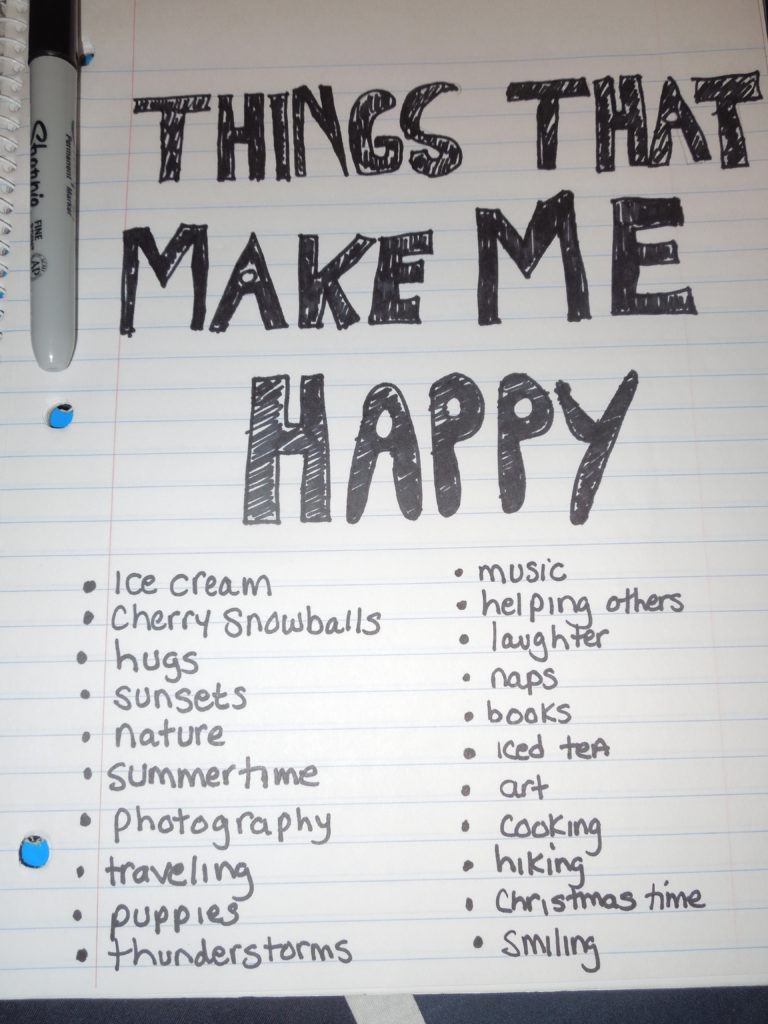
 Dashboard: receive updates and statistics regarding your website
Dashboard: receive updates and statistics regarding your website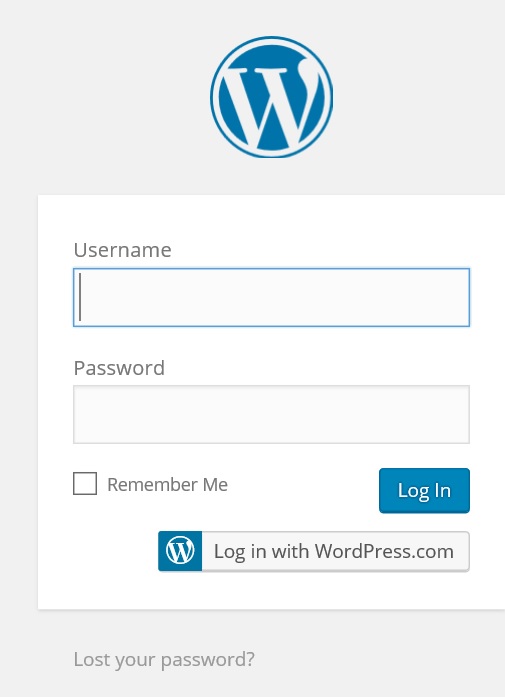
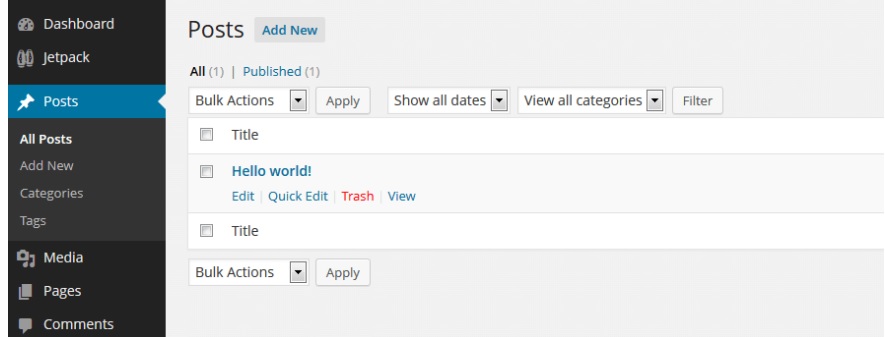
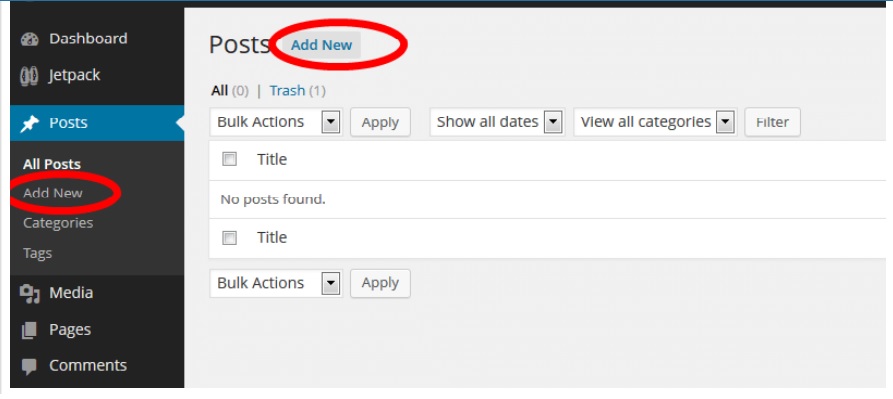
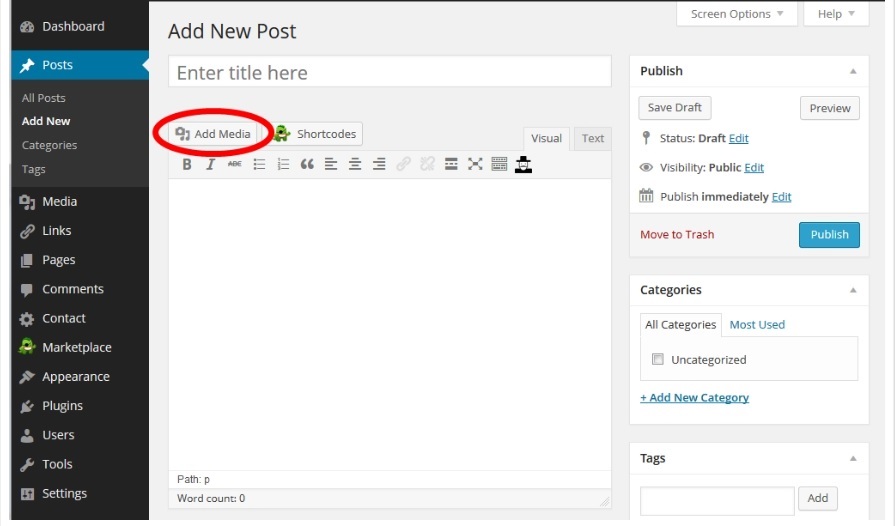
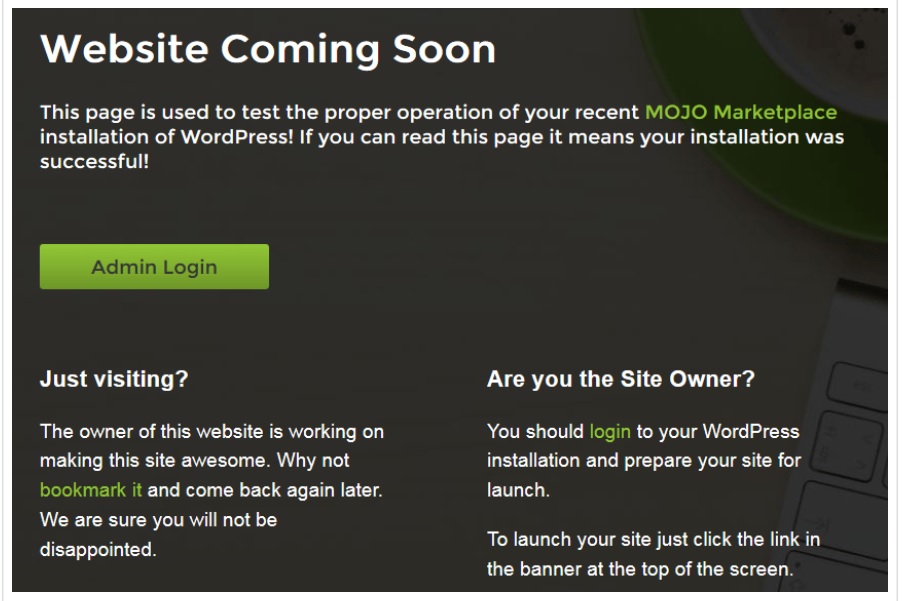

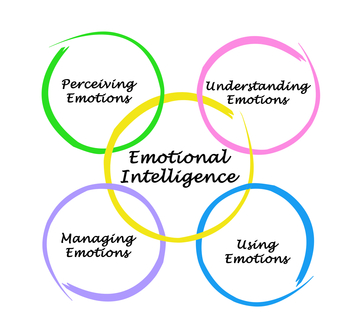 In a nutshell, emotional intelligence is the ability to understand and manage one’s own moods and emotions and the moods and emotions of other people. When individuals experience stressful feelings and emotions, emotional intelligence enables them to understand why and helps them manage these feelings so they do not get in the way of effective decision making. Individuals with high EI are proven to be effective leaders as they are empathetic, self-aware and hold themselves accountable to how their behavior influences those around them.
In a nutshell, emotional intelligence is the ability to understand and manage one’s own moods and emotions and the moods and emotions of other people. When individuals experience stressful feelings and emotions, emotional intelligence enables them to understand why and helps them manage these feelings so they do not get in the way of effective decision making. Individuals with high EI are proven to be effective leaders as they are empathetic, self-aware and hold themselves accountable to how their behavior influences those around them.


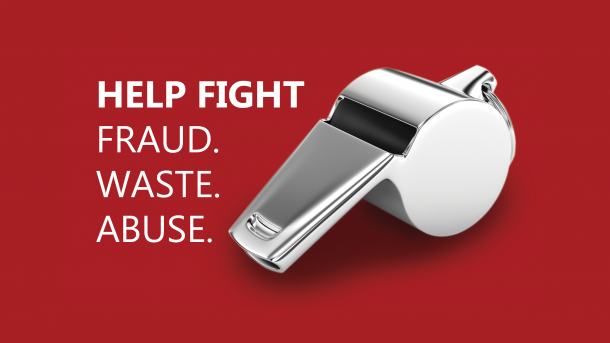 Whistleblowing prevents unnecessary harm to stakeholders by exposing unethical practices and corporate wrongdoing. A company is in business to make a profit, but not at any cost. Whistleblowing would identify financial fraud, abuse, waste, and corruption which would negatively affect a company’s performance. Fraud and corruption destroy shareholders’ value and can seriously threaten a company’s development. Companies should incorporate ethical corporate excellence into their business practices. It is important that companies place a high value on fairness, honesty, integrity, and respect with all stakeholders of the company. These stakeholders include, but are not limited to, the stockholders, managers, employees, customers, suppliers, and distributors.
Whistleblowing prevents unnecessary harm to stakeholders by exposing unethical practices and corporate wrongdoing. A company is in business to make a profit, but not at any cost. Whistleblowing would identify financial fraud, abuse, waste, and corruption which would negatively affect a company’s performance. Fraud and corruption destroy shareholders’ value and can seriously threaten a company’s development. Companies should incorporate ethical corporate excellence into their business practices. It is important that companies place a high value on fairness, honesty, integrity, and respect with all stakeholders of the company. These stakeholders include, but are not limited to, the stockholders, managers, employees, customers, suppliers, and distributors.
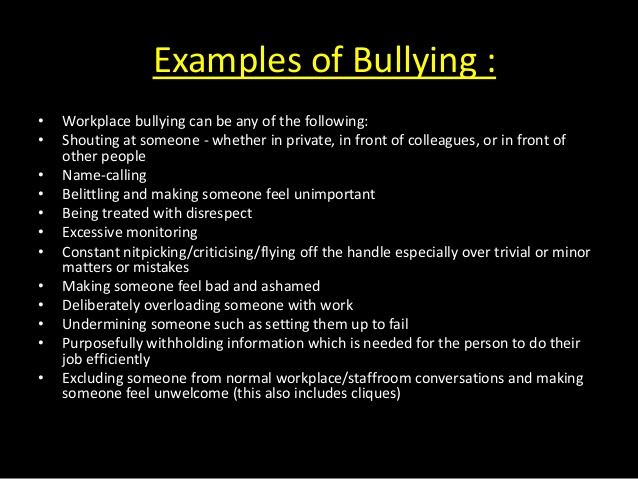
 Written or spoken, words can have a profound effect on the people they reach. They lift us up, drag us down, wound us deeply, or heal our hearts. Words are like scalpels, every bit as sharp as a surgeon’s tools, and sometimes almost as dangerous. They have the power to break confidences, end relationships, build lifelong alliances, or start wars.
Written or spoken, words can have a profound effect on the people they reach. They lift us up, drag us down, wound us deeply, or heal our hearts. Words are like scalpels, every bit as sharp as a surgeon’s tools, and sometimes almost as dangerous. They have the power to break confidences, end relationships, build lifelong alliances, or start wars.